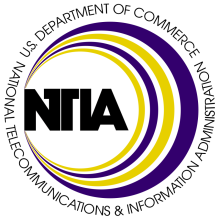Mecklenburg Electric Cooperative Seeks Relief From Ongoing CAF II Mess
EMPOWER Broadband, a subsidiary of Mecklenburg Electric Cooperative (MEC), is asking the Federal Communications Commission (FCC) to waive financing requirements attached to the provider’s takeover of thousands of subsidized broadband locations from RiverStreet Networks. It’s a move the cooperative says will save it millions of dollars in errant additional penalties.
It’s also highly representative of the ongoing challenges facing a program that has long been criticized for dysfunction and mismanagement.
The FCC program not only fell short of fulfilling its original promise, it now risks boxing numerous communities out from what could be a generational funding opportunity made possible by the 2021 infrastructure bill.
During the 2018 Connect America Fund (CAF) Phase II auction, RiverStreet was awarded $32.1 million in financing to provide high-speed Internet to 13,518 locations in Virginia. RiverStreet is looking to divest 3,757 locations across three counties, poised to receive $8.1 million in annual CAF II broadband deployment support.

According to a May RiverStreet filing with the FCC spotted by Broadband Breakfast, the divestment is necessary because the company “encountered certain obstacles that have prevented it from meeting its CAF II buildout milestones in the assigned CBGs.”



